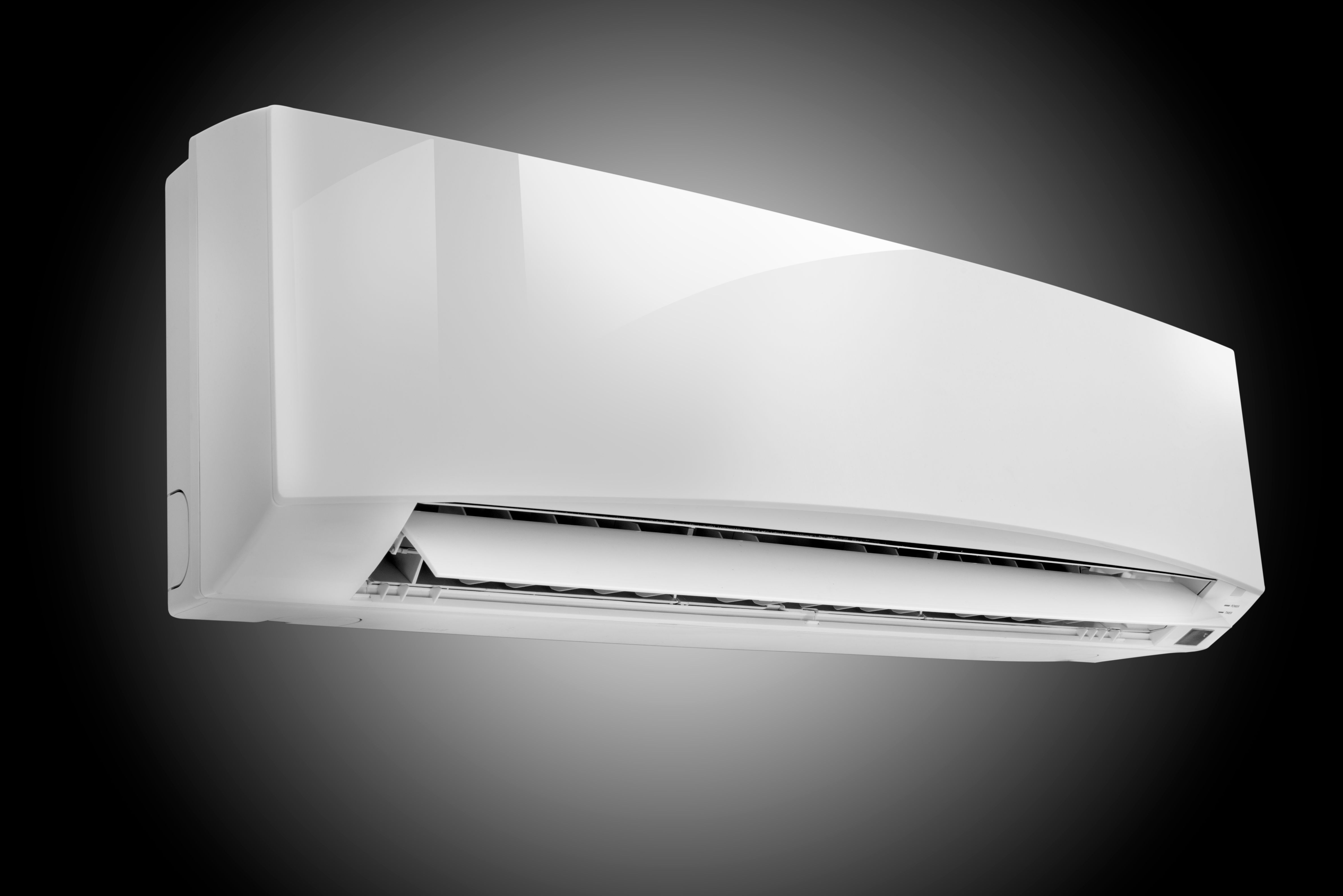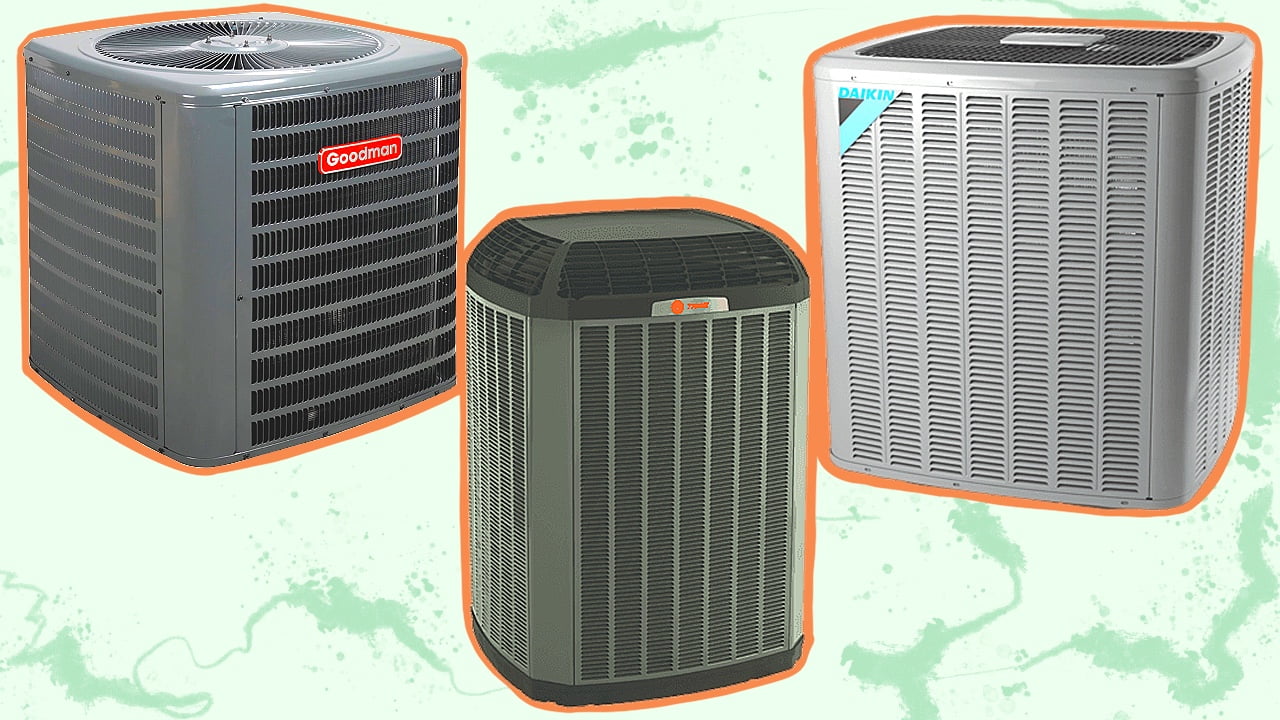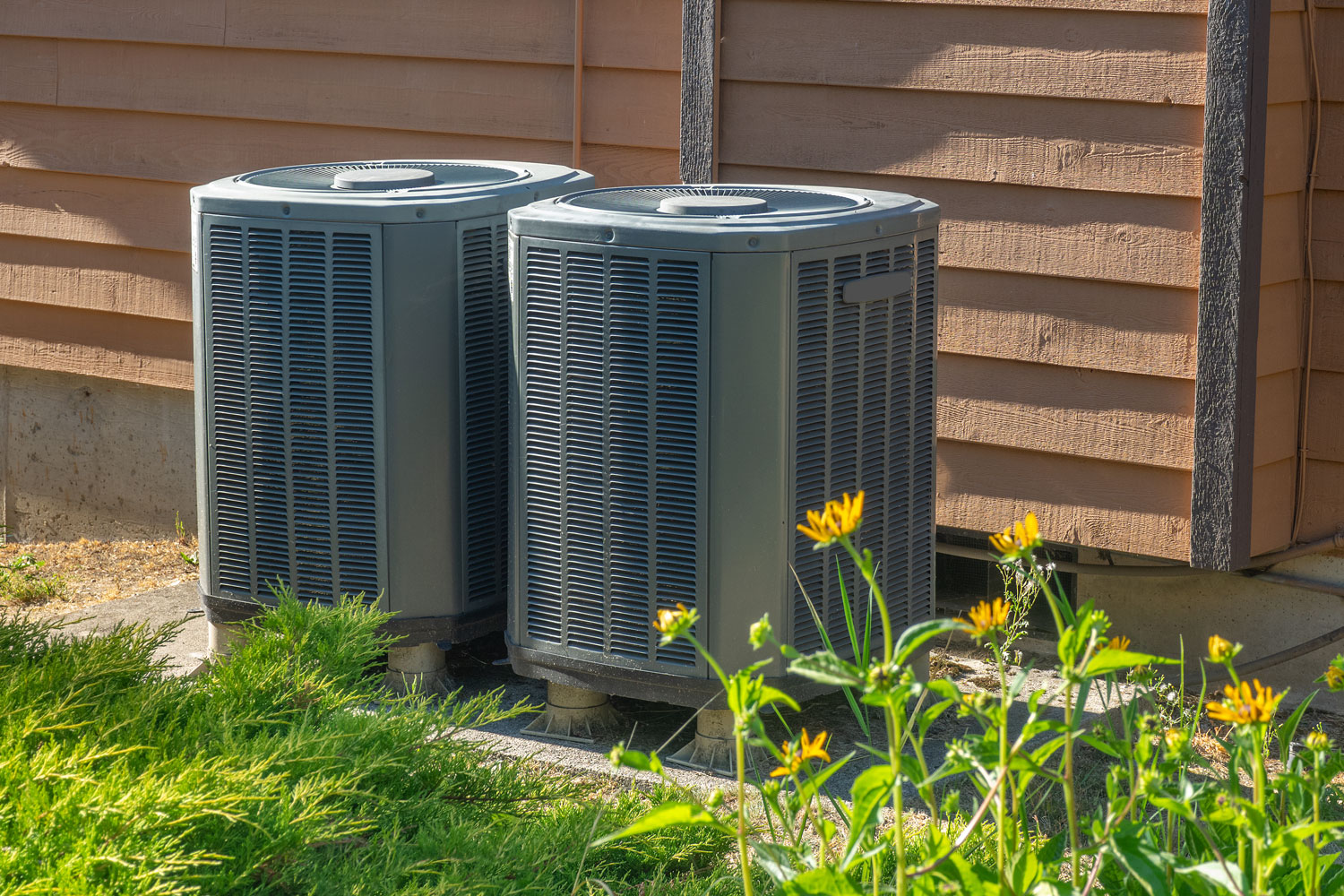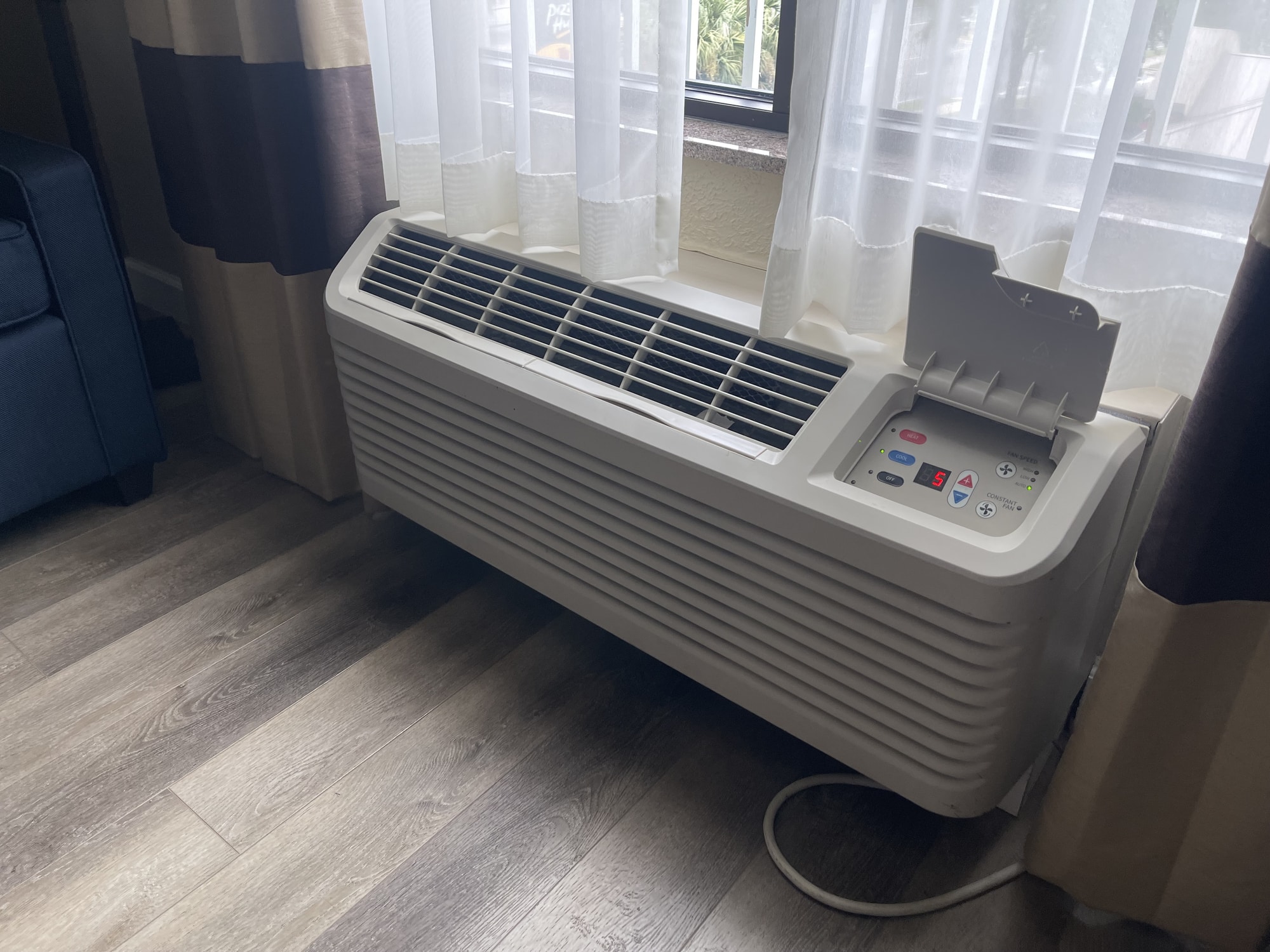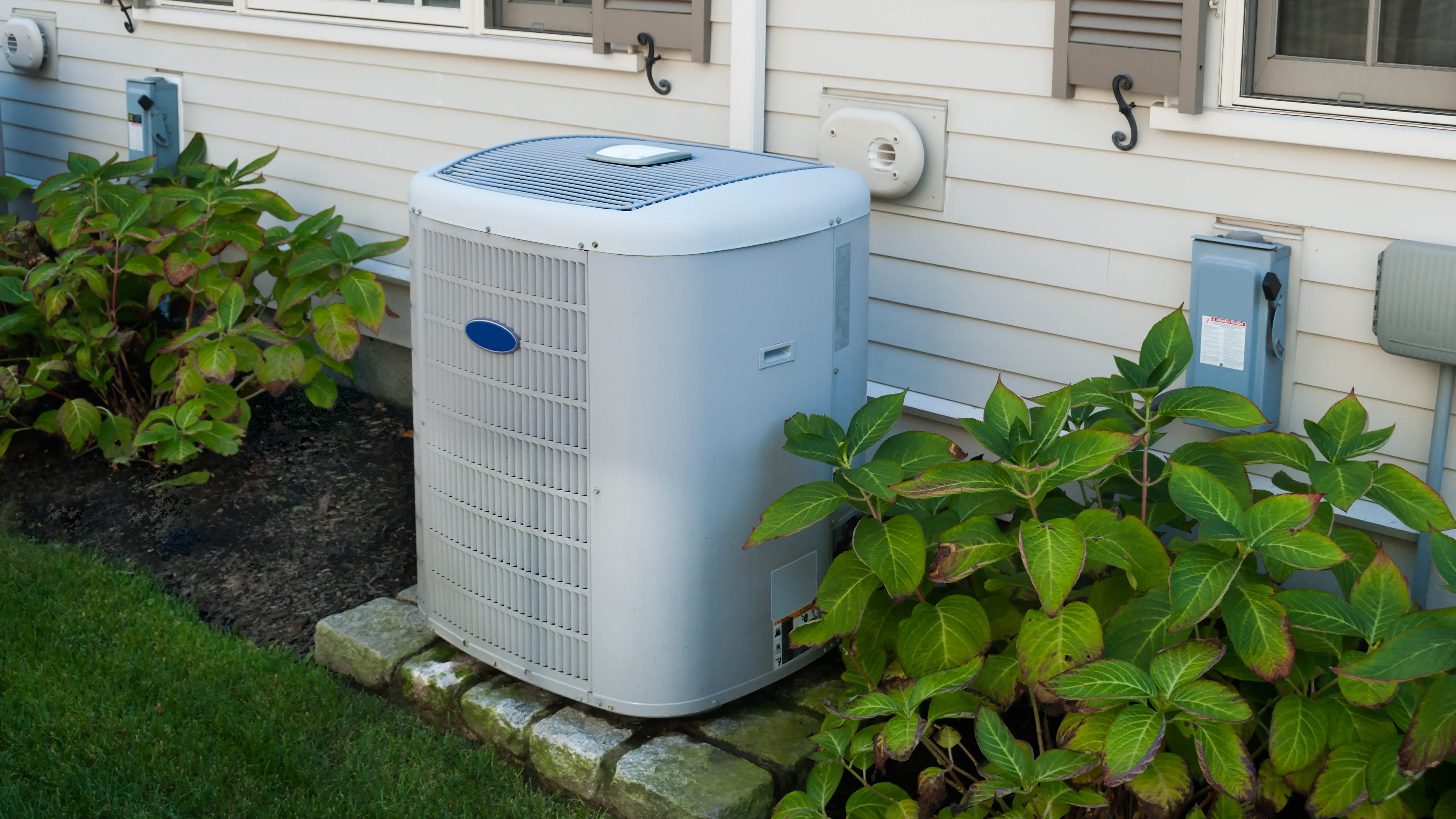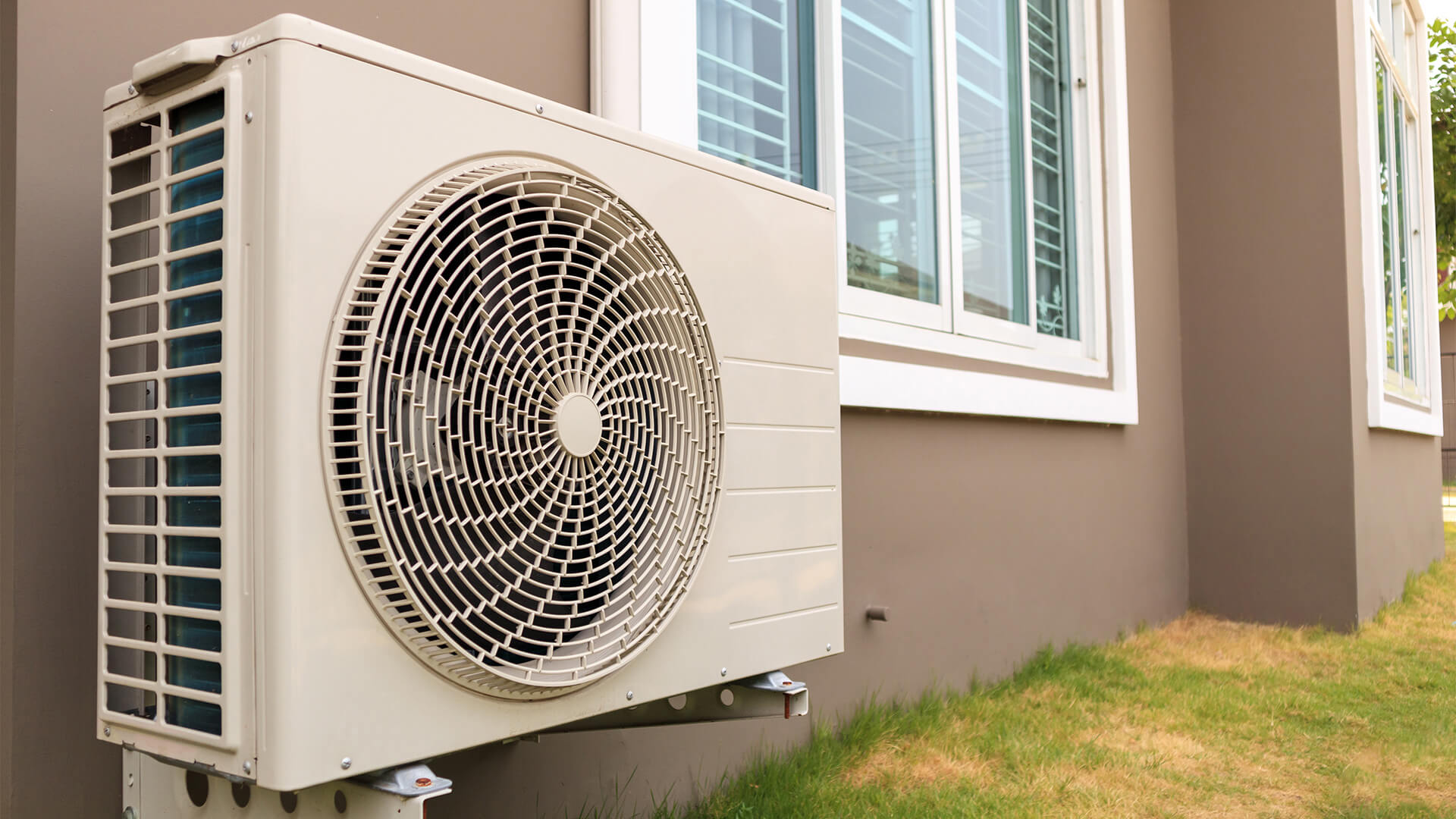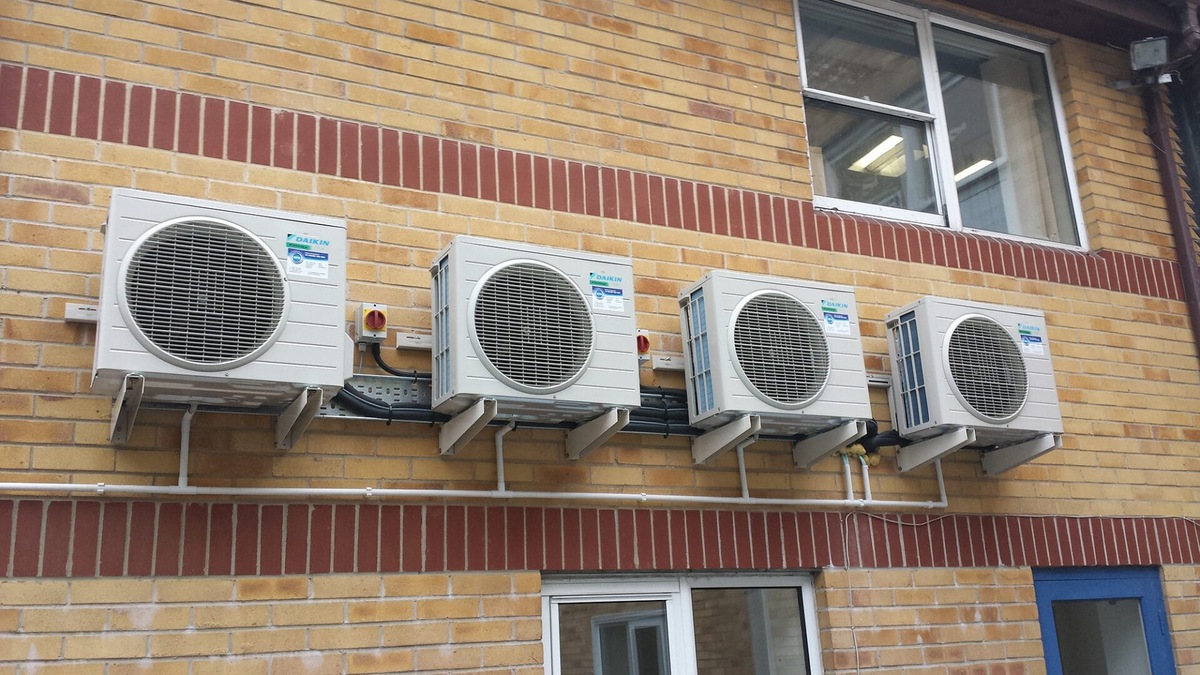Where Can I Buy An Air Conditioning Unit

Buying a New Air Conditioning Unit: A Homeowner's Guide
Is your air conditioner on its last leg? Facing constant repairs? It might be time to consider a replacement. But where do you even begin looking for a new AC unit? This guide will walk you through the various options, helping you find the best fit for your needs and budget.
Understanding Your Needs
Before diving into specific retailers, it's crucial to assess your cooling requirements. Consider these factors:
- Square footage of your home: A larger space requires a more powerful AC unit.
- Climate: Harsher climates demand higher SEER ratings.
- Existing ductwork: Ensure compatibility with a new unit.
- Budget: AC units range in price, so setting a budget beforehand is essential.
- Energy efficiency goals: Higher SEER ratings translate to lower energy bills.
Where to Buy: Your Options
Several avenues exist for purchasing an air conditioning unit, each with its own pros and cons.
1. HVAC Contractors
HVAC contractors are arguably the most common and often the best choice. They offer a complete package, including system design, unit selection, installation, and ongoing maintenance. Here's why they're a good option:
- Expertise: Contractors can assess your specific needs and recommend the right unit size and type.
- Professional Installation: Proper installation is crucial for optimal performance and longevity. A contractor ensures it's done correctly.
- Warranty: Contractors often offer warranties on both the unit and the installation.
- Permitting and Compliance: They handle the necessary permits and ensure compliance with local building codes.
To find a reputable contractor:
- Ask for recommendations: Get referrals from friends, family, or neighbors.
- Check online reviews: See what other customers have to say.
- Verify licenses and insurance: Ensure they are properly licensed and insured.
- Get multiple quotes: Compare prices and services from different contractors.
2. Big Box Home Improvement Stores
Stores like Home Depot and Lowe's offer a wide selection of AC units, often at competitive prices. However, there are some things to keep in mind:
- Limited Expertise: Sales associates may not have the in-depth knowledge of an HVAC contractor.
- Installation: While they offer installation services, these are often subcontracted out. Ensure the subcontractor is qualified and licensed.
- DIY Potential (Window Units & Portable ACs): These stores are excellent resources for window AC units or portable air conditioners that you can install yourself.
3. Online Retailers
Online retailers like Amazon and specialized HVAC websites offer convenience and often lower prices. However, this route requires caution.
- Installation: You'll be responsible for finding a qualified installer.
- Sizing and Selection: Accurately determining the correct unit size is crucial, and you won't have expert guidance.
- Warranty: Ensure the unit comes with a valid manufacturer's warranty, and understand the terms and conditions.
- Return Policies: Review the retailer's return policy in case the unit is defective or doesn't meet your needs.
4. Wholesalers
HVAC wholesalers typically sell to contractors, but some may sell to the public. While you might get a better price, be prepared to handle installation yourself or find a qualified installer.
- Installation: You are solely responsible for installation, which can be complex and dangerous.
- Technical Knowledge: You'll need a good understanding of HVAC systems to select the right unit and troubleshoot any issues.
- Limited Support: Wholesalers may offer limited technical support to non-contractors.
DIY vs. Professional Installation: When to Call the Pros
Installing a central AC unit is **not a DIY project for most homeowners**. It involves working with electrical components, refrigerant lines, and potentially ductwork modifications. Improper installation can lead to:
- Inefficient operation: Higher energy bills and reduced cooling performance.
- Equipment damage: Costly repairs and shortened lifespan.
- Safety hazards: Electrical shocks, refrigerant leaks, and carbon monoxide poisoning.
- Voided warranty: Many manufacturers require professional installation for the warranty to be valid.
When to call a professional:
- Installing a central AC unit.
- Working with refrigerant lines.
- Making electrical connections.
- Modifying ductwork.
- If you lack experience with HVAC systems.
DIY-friendly options (with caution):
- Installing a window AC unit (follow the manufacturer's instructions carefully).
- Installing a portable AC unit (ensure proper ventilation).
- Replacing a condenser fan motor (if you have electrical experience and follow safety precautions).
Cost Considerations
The cost of a new AC unit varies depending on several factors:
- Unit size (BTU rating): Larger units cost more.
- SEER rating: Higher SEER ratings generally cost more but save you money on energy bills in the long run.
- Type of unit: Central AC, ductless mini-split, window unit, etc.
- Installation costs: Labor, materials, and permits.
- Brand: Some brands are more expensive than others.
Typical cost ranges (including installation):
- Window AC unit: $150 - $800
- Portable AC unit: $300 - $1000
- Ductless mini-split (single zone): $1,500 - $4,000
- Central AC unit: $3,000 - $7,000 (or more, depending on complexity)
Remember to factor in long-term costs:
- Energy bills: Choose a unit with a high SEER rating to save money.
- Maintenance: Regular maintenance, such as cleaning the coils and changing the air filter, can extend the life of your unit.
- Repairs: Budget for potential repairs, especially as the unit ages.
Common AC Unit Problems and Troubleshooting
Even with a new AC unit, problems can still arise. Here are some common issues and troubleshooting tips:
- AC not cooling: Check the thermostat settings, air filter, and circuit breaker.
- AC blowing warm air: Check the refrigerant levels (call a professional if needed), condenser coils (clean them if dirty), and compressor.
- AC making strange noises: Identify the source of the noise (fan motor, compressor, etc.) and call a professional for diagnosis and repair.
- Water leaks: Check the condensate drain line for clogs.
- High energy bills: Ensure the unit is properly sized, the air filter is clean, and the ductwork is sealed.
Safety Tips:
- Always turn off the power to the AC unit before working on it.
- Wear safety glasses and gloves.
- Never work on refrigerant lines unless you are a licensed HVAC technician.
Key Terms to Know
Understanding these terms will help you make informed decisions:
- BTU (British Thermal Unit): A measure of cooling capacity.
- SEER (Seasonal Energy Efficiency Ratio): A measure of energy efficiency. The higher the SEER, the more efficient the unit.
- HSPF (Heating Seasonal Performance Factor): A measure of heating efficiency (for heat pumps).
- Refrigerant: The substance that absorbs and releases heat in the cooling cycle.
- Compressor: The heart of the AC unit, responsible for circulating the refrigerant.
- Condenser coils: Dissipate heat from the refrigerant.
- Evaporator coils: Absorb heat from the air.
- Ductwork: The network of channels that distributes cooled air throughout your home.
Making the Right Choice
Buying an air conditioning unit is a significant investment. By carefully considering your needs, exploring your options, and seeking professional guidance when needed, you can ensure you choose the right unit for your home and enjoy years of comfortable cooling. Remember to prioritize safety and consult with a qualified HVAC technician for any complex repairs or installations. Consider the long-term cost implications of energy efficiency and maintenance to make a truly informed decision. Understanding the terminology and potential problems will empower you to communicate effectively with professionals and maintain your AC unit for optimal performance.

